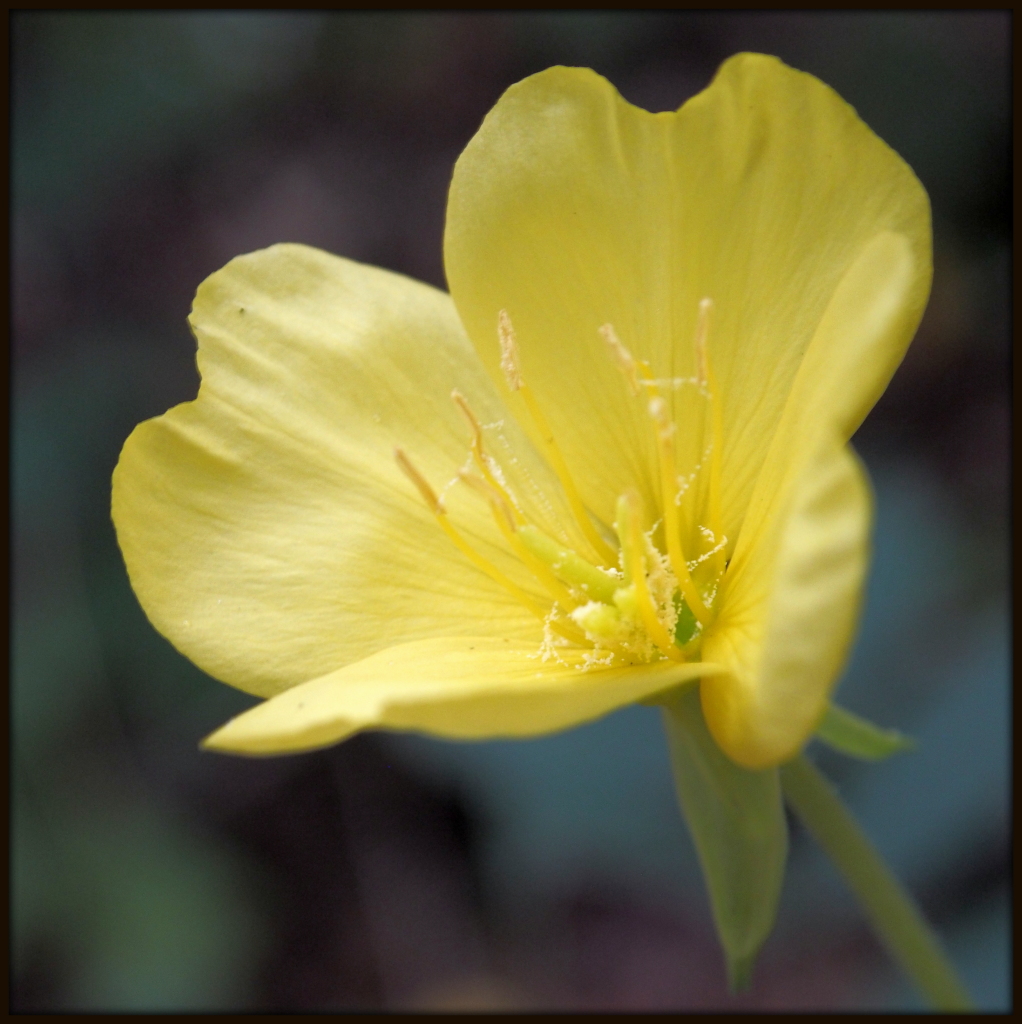I hurried out the door, bound for Piney Woods Church Road (as usual), but fresh from an interminable hour of paperwork for a new online teaching position. I had only forty-five minutes to find something photo-worthy, snap its picture, and race back to my waiting keyboard. Wednesdays are my longest work days — my last online seminar ends at 11 pm. I had an auspicious start to my walk — a doe in the backyard paused long enough for a few images. If only I were already on Piney Woods Church Road, I thought to myself….
The wind was blowing intermittently, the sky a leaden late afternoon gray when I begin walking down Piney Woods Church Road. For once, my journey was ruled by the watch — I had enough time to make it halfway only, and then to hurry back. I paused at a sassafras tree with some brilliant red leaves juxtaposed with many that were still green. Bright color, but not quite inspiring somehow. Sufficient, though. They would do in a pinch.
Where the woods ended and pastures (horse on the left, cattle on the right) began, I turned around to head back. And then I saw it about two feet above the ground — a flash of brilliant yellow. I was immediately drawn to this burst of light amid the gray. I sat on the ground to steady the camera on my knee, and took photo after photo. The one below is my favorite from the lot.
As I suspected, it is an evening primrose. There was another one further down the road, which bloomed back in April (Day 103, to be exact). But this is another species: The Common Evening Primrose (Oenothera biennis), a native biennial reaching up to six feet in height, found throughout most of the United States and southern Canada. It has long been recognized as a healing plant, with names such as Cure All, Fever Plant, and King’s Cure All. It provides a pain-reliever for headaches, a remedy for skin ailments, and a treatment for arthritis. For me, in a hurry to resume work on a gray day, it offered a burst of sunlight and a moment of healing.
